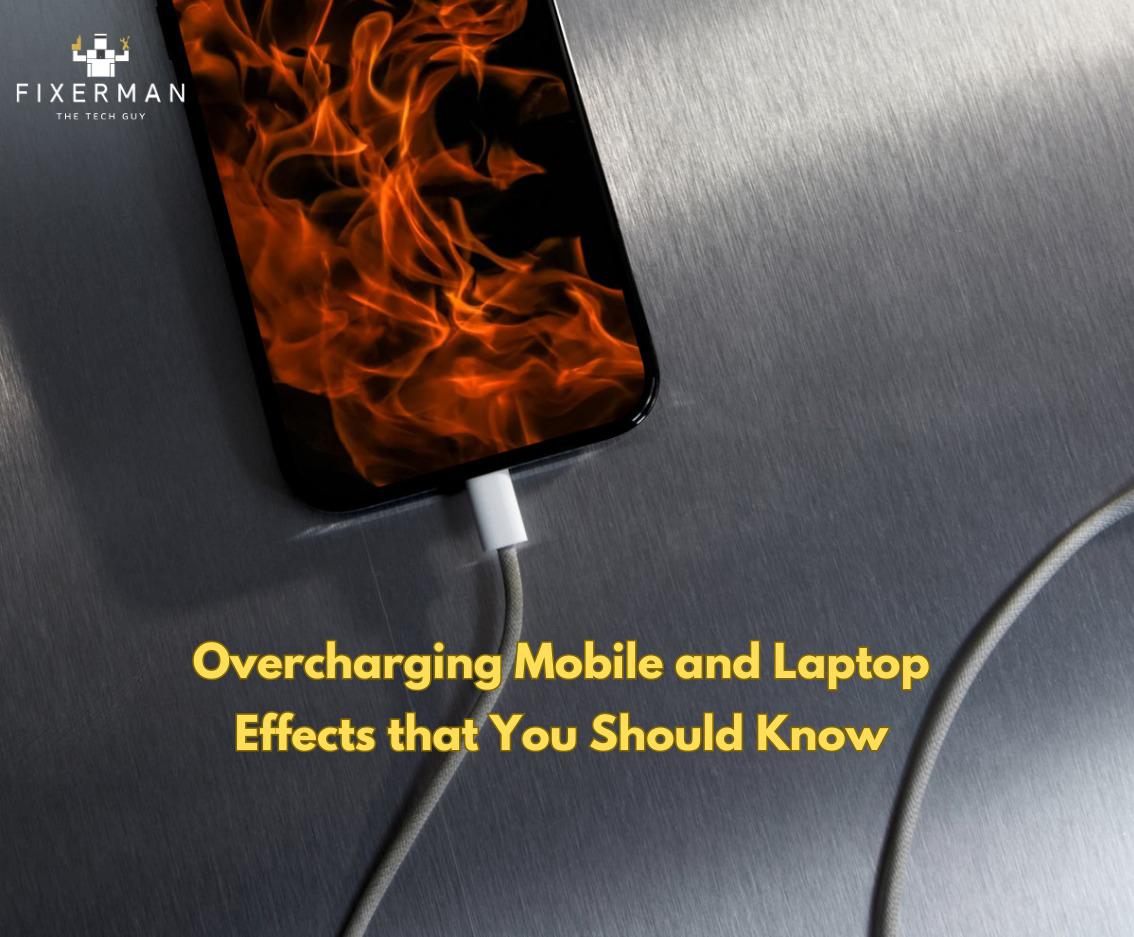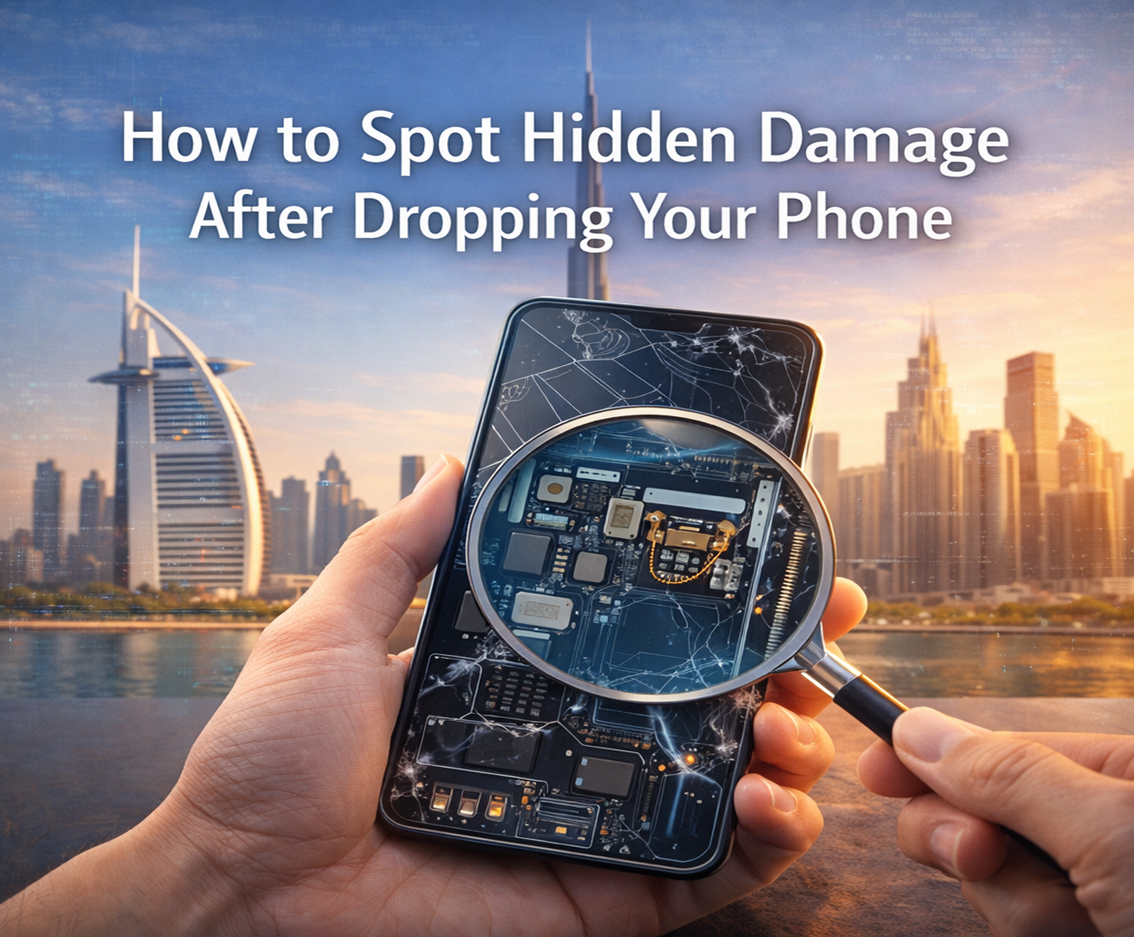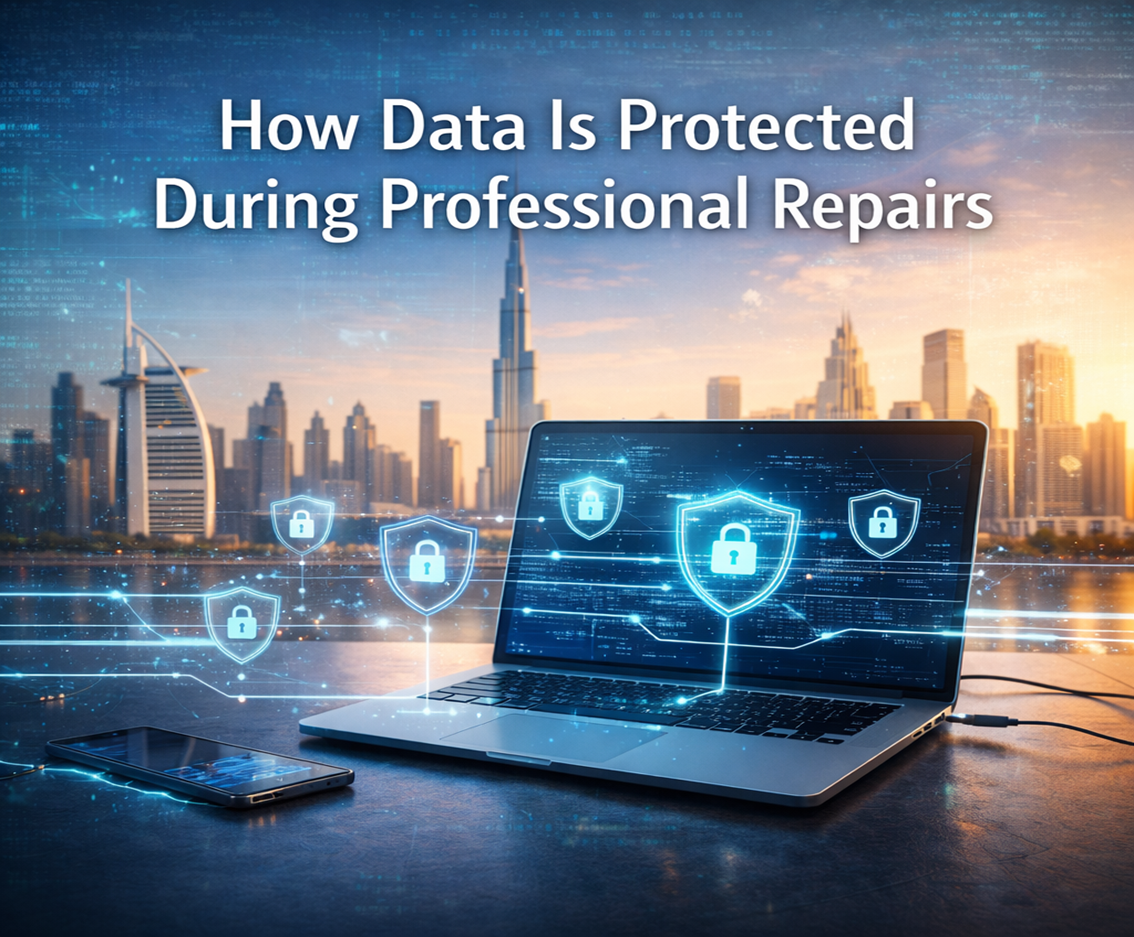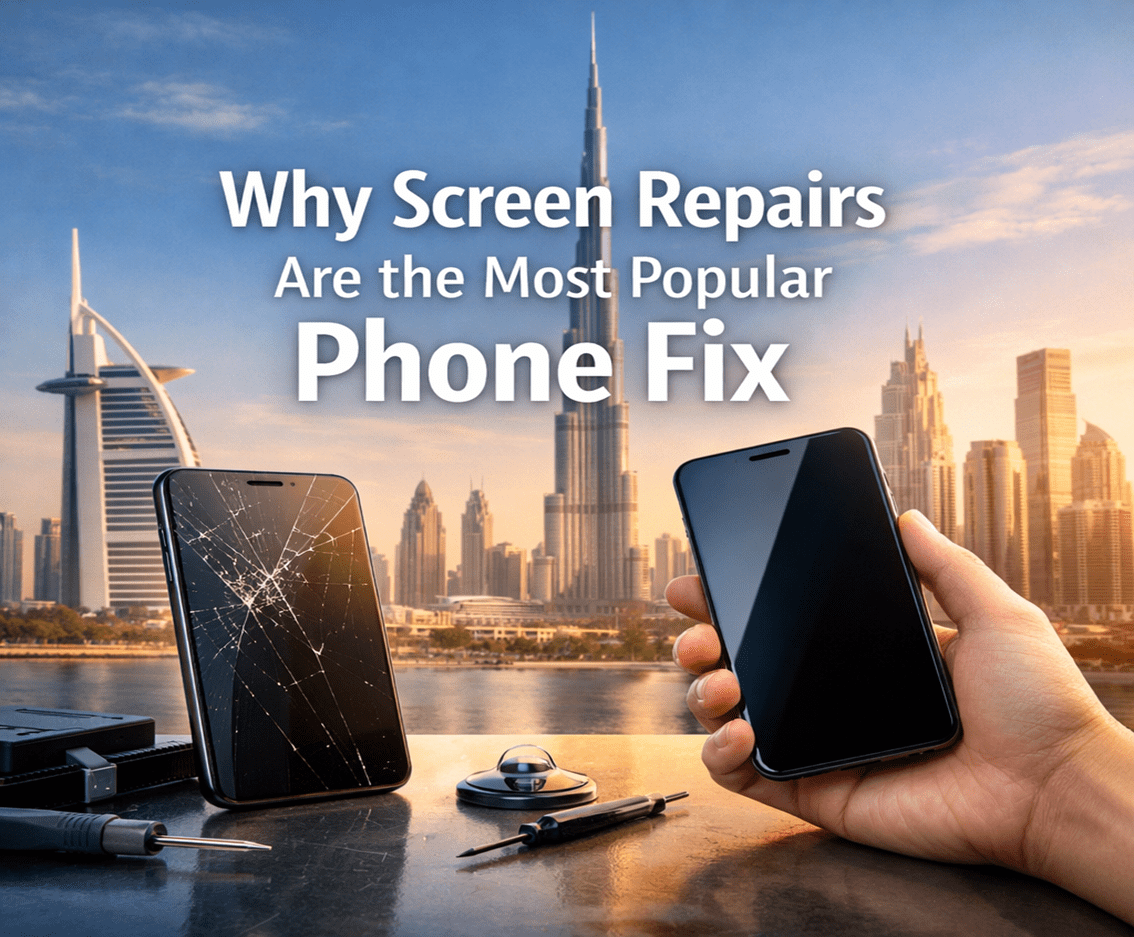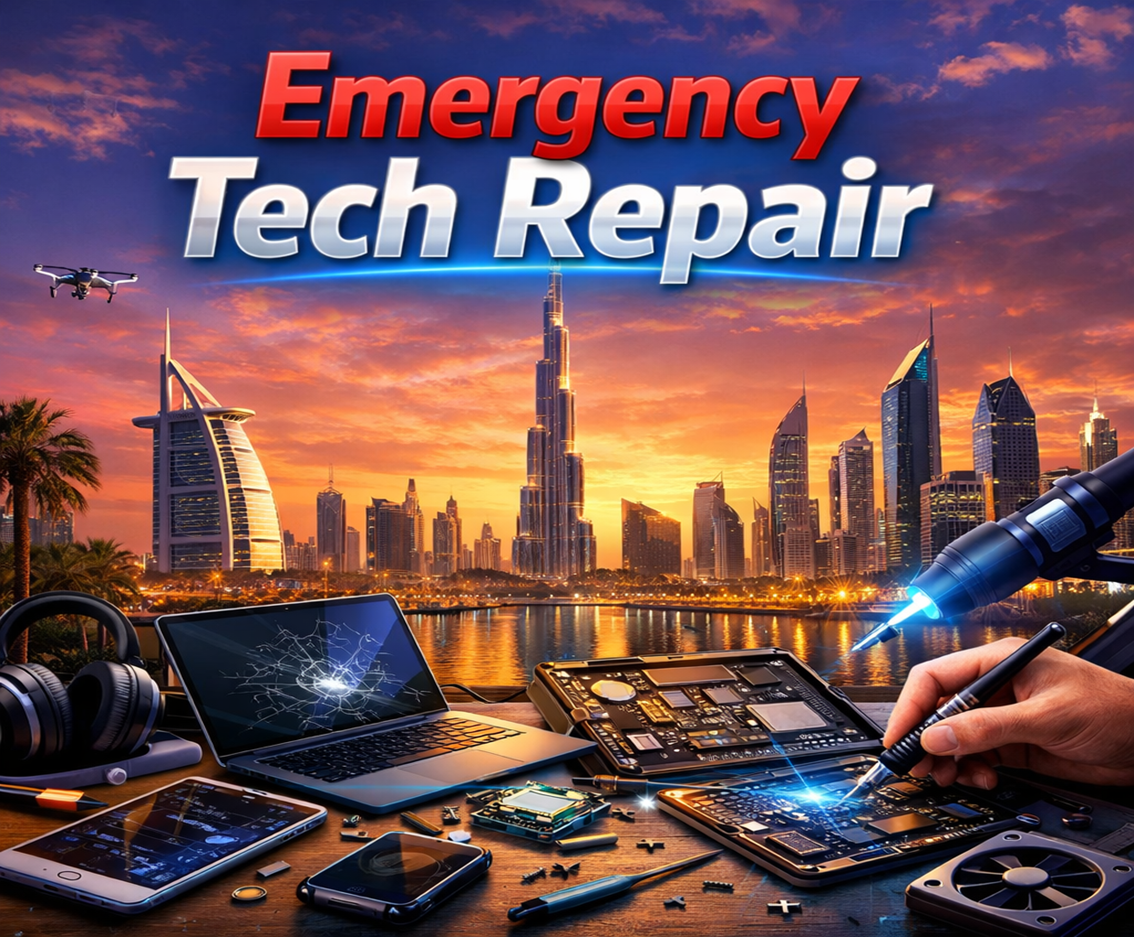Today, the smartphone and laptop are an indispensable tool for communication, work, entertainment, and a million more things. Since they play such a crucial role in our life, their care with respect to longevity and performance cannot be compromised. One of the cruelest omissions by many users is overcharging, a practice that can badly affect your device’s battery health and its overall performance.
Here, the purpose of this blog would be to discuss the impacts of overcharging cell phones and laptops and offer some helpful suggestions on how that can be prevented.
What is Overcharging?
This is overcharging because a device is still being charged once it has actually reached 100% capacity. The most intelligent of modern smartphones and laptops have charging systems that automatically prevent current from flowing any further once the battery is full. To be sure, prolonged exposure to charging can still cause wear and tear, most of which happen by heat and chemical degradation.
Effects of Overcharging
- Battery Degradation
Lithium-ion batteries, the most frequently used in current devices, naturally degrade with time due to chemical changes within cells. Though most designs aim to minimize damage from overcharging, consistent overexposure to high voltage speeds up this degradation. Lifespan is reduced, and charging cycles decrease, meaning your device will eventually lose its ability to hold a charge properly.
- Overheating
One of the most noticeable immediate effects of overcharging is overheating. Once the charging has stopped, even the energy supplied to a fully charged battery can generate heat. Prolonged exposure to heat can burn not just the battery but also internal hardware like processors and motherboard. In extreme cases, overheating can even cause actual swelling of the battery or, in very few instances, even fires and explosions.
- Low Battery Capacity
Overcharging repeatedly stresses the battery, lowering its capacity to store energy. Resultantly, it leads to shorter times of usage between charges. For example, a phone or laptop whose initial full charge supported usage throughout one day can only last for a couple of hours after months or years of overcharging. This diminution in battery capacity may force you to rely on frequent recharges, therefore lowering your portability and convenience.
- Software and Performance Issues
Modern devices use software to manage and monitor battery performance. Prolonged overcharging can sometimes disrupt this system, leading to inaccurate battery level readings or erratic charging behaviour. Additionally, overheated hardware due to overcharging can slow down processing speeds, affecting the overall user experience.
- Environmental Impact
Additionally, leaving the devices plugged in without a justified cause consumes extra amounts of electricity as well. Although the percentage would be smaller in the eyes of an individual, the aggregate effect of millions of overcharged devices worldwide increases carbon emissions and further degrades the environment.
- Safety Risks
Charging a battery in extreme conditions can even cause it to expand or leak/explode. Though these cases are minor, they emphasize safe charging habits. Defective chargers and a power surge, when the device is overcharging, can increase these risks further.
Instructions to Avoid Overcharging
Even though new devices can withstand some overcharging, proper charging habits still extend the useful life of a battery and optimize the general performance of the device.
- Unplug If Fully Charged
Take out your gadget when the battery level reaches 100%. This is indeed one common practice: charging overnight. However, it ends up putting unnecessary strain on the battery over time.
- Use Quality Chargers
Always use Quality chargers and cables that are manufacturer-recommended. Cheaper and counterfeit chargers do not have the right protections against overcharging and heating, thereby increasing the rate of damage.
- Enable Battery Optimization Features
Most new gadgets include built-in battery optimization features like “adaptive charging” or “battery saver” modes. These determine the speed of charging and help protect the battery from unnecessary strain when it remains attached for long periods.
- Avoid Extreme Temperature
Try not to leave your device exposed to direct sunlight, heaters, or cold temperatures for a while. At such temperatures, the chances of overcharging are bound to increase and cause faster degradation.
- Charge Between 20% and 80%
Research indicates that if a lithium-ion battery stays in the medium charge, which means between 20% and 80%, it will help your batteries last longer. Instead of letting your gadget run all the way to 0% or always being connected when at a 100%, maintain this range for optimal health for the battery.
- Get Smart Plugs
Smart plugs cut the supply of power automatically after a set duration to avoid leaving your device connected any longer than it has to.
If your smartphone or laptop battery drains too quickly, isn’t fully charged, or is showing signs of swelling? It’s time to change the battery. Fixerman offers battery replacement services to help your device work properly again. We empower you to overcome downtime by replacing batteries in both computers and mobile devices, ensuring you can keep moving forward without interruption.
Conclusion
Overcharging seems to be a harmless behavior that can have long-term implications on your device’s lifetime performance and safety. Even though the modern devices are designed with intelligent charging systems, the charging habits are cumulative, and eventually, these become a cause of worry for devices. Mindful habits such as unplugging the device when it is fully charged and making use of quality chargers would go very far in preserving mobile phones or laptops.
Taking little steps preventing overcharging can increase the life of your devices, thereby adding to sustainable and efficient usage of energy. Remember, taking care of your gadgets today will ensure that they are reliable companions in the years to come.


